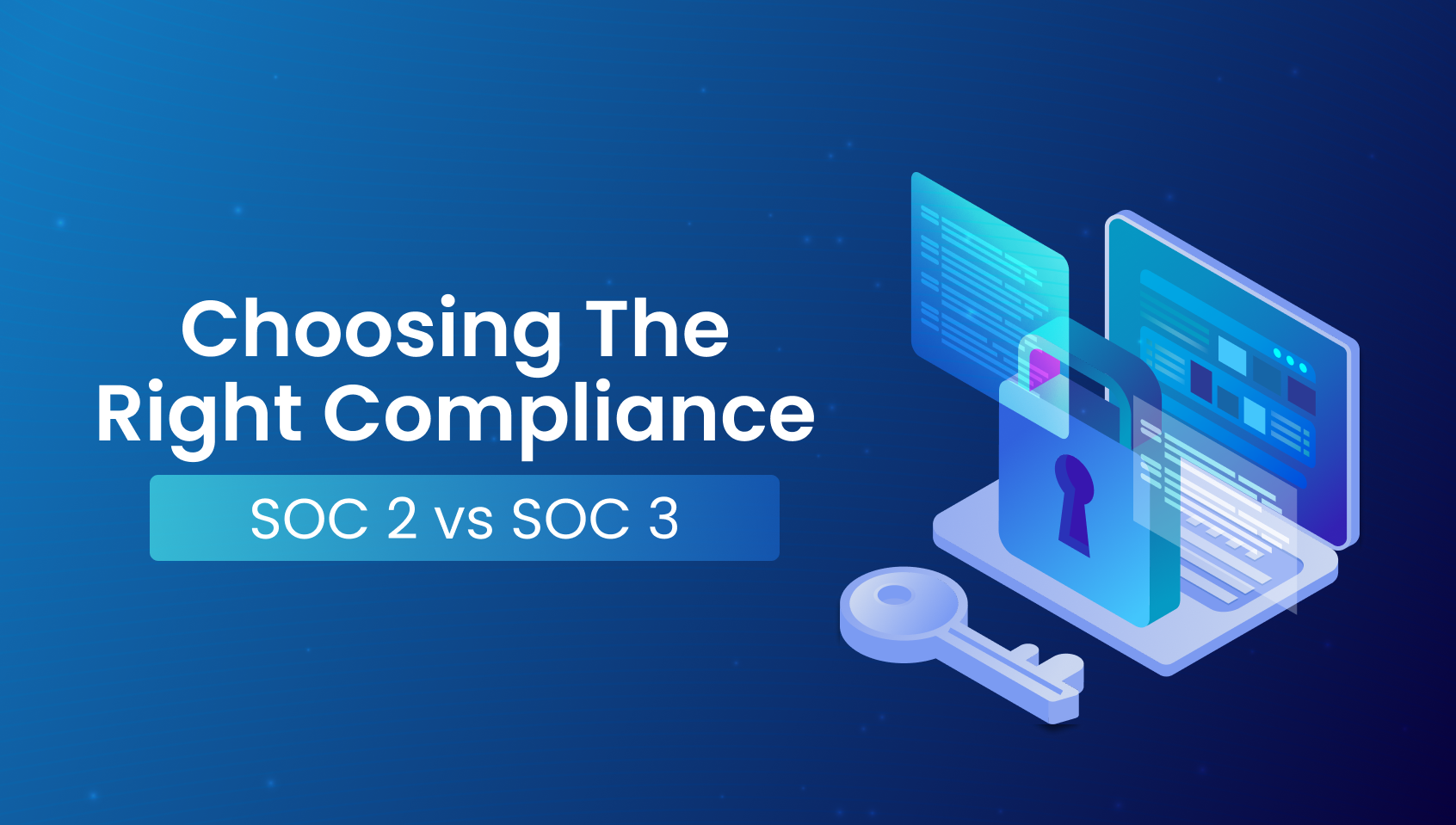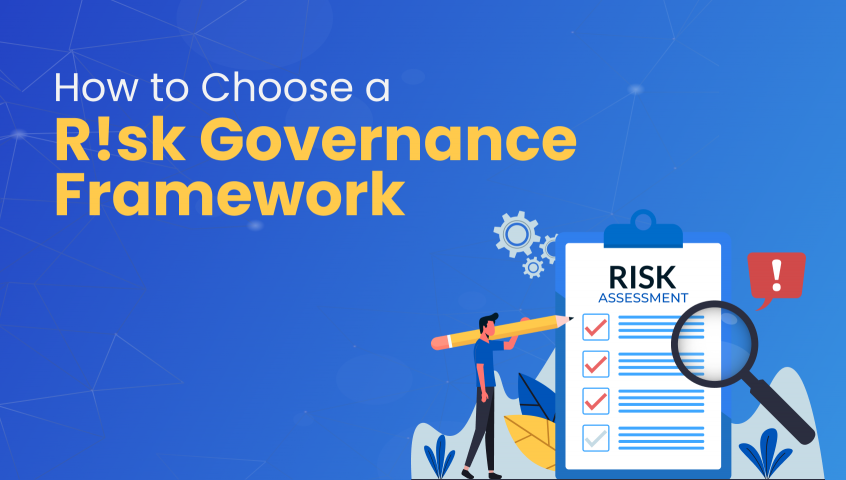Compliance
Compliance refers to the adherence to laws, regulations, and standards that govern an industry or business operation. In this dynamic realm of technology, where innovation is constant and data flows at unprecedented rates, maintaining compliance is intricate and multifaceted. It serves as the ethical and legal framework that guides the behavior of businesses to ensure integrity, transparency, and accountability.
Given the dynamic nature of the technology sector, compliance mechanisms play a crucial role in addressing various challenges, including data protection, cybersecurity, and ethical considerations. Robust compliance mechanisms are essential for navigating evolving challenges and maintaining ethical standards. Addressing data protection and privacy concerns requires adherence to regulations such as GDPR and CCPA, necessitating transparent policies, user consent practices, and secure data handling. Cybersecurity compliance, as outlined by standards like ISO 27001 and the NIST Cybersecurity Framework, ensures the resilience of information systems against evolving threats.
Moreover, ethical considerations in AI development, guided by frameworks like IEEE's Ethically Aligned Design and industry-specific guidelines, are crucial for fostering responsible innovation. Beyond frameworks, cultivating a compliance-oriented culture through employee training programs and whistleblower policies reinforces ethical practices and positions technology companies to survive in a rapidly changing landscape, fostering trust and contributing to the responsible advancement of the industry.
A robust Compliance Management Framework (CMF) is essential for navigating regulatory complexities, upholding ethical standards, and ensuring sustainable practices. This framework comprises-
- Continuous Regulatory Intelligence using advanced tools to track changes in laws, industry standards, and global regulations, facilitates proactive adaptation.
- Identify and mitigate compliance risks through regular assessments, addressing vulnerabilities, and implementing risk mitigation strategies.
- Establish clear and updated policies and procedures aligned with laws, ensuring employees understand their compliance responsibilities.
- Conduct regular, role-specific training to deepen employees understanding of compliance expectations and foster a culture of continuous learning.
- Use tools for continuous monitoring, generating real-time reports, and conducting internal audits to ensure adherence to policies.
- Develop a well-defined incident response plan to address compliance breaches promptly and minimize potential damage.
With a deep understanding of the tech landscape and a commitment to ethical and compliant business practices, we empower organizations to navigate the complexities of compliance seamlessly. With TED, an Automated Compliance Monitoring tool, we offer tailored solutions that streamline and automate compliance tasks, minimizing manual effort and reducing the likelihood of errors. This not only enhances risk management but also boosts overall operational efficiency. Through real-time updates, customizable workflows, and continuous support, TED simplifies the complex compliance landscape. It enables companies to stay abreast of the latest rules and regulations, turning compliance from a challenging obligation into a strategic advantage.
In an era where data is often described as the new oil, the importance
Imagine facing a hefty $14.82 million fine for failing to meet regulato
Compliance is a crucial aspect that can sometimes be overlooked by fast
A risk governance framework or risk management framework (RMF) is essen





